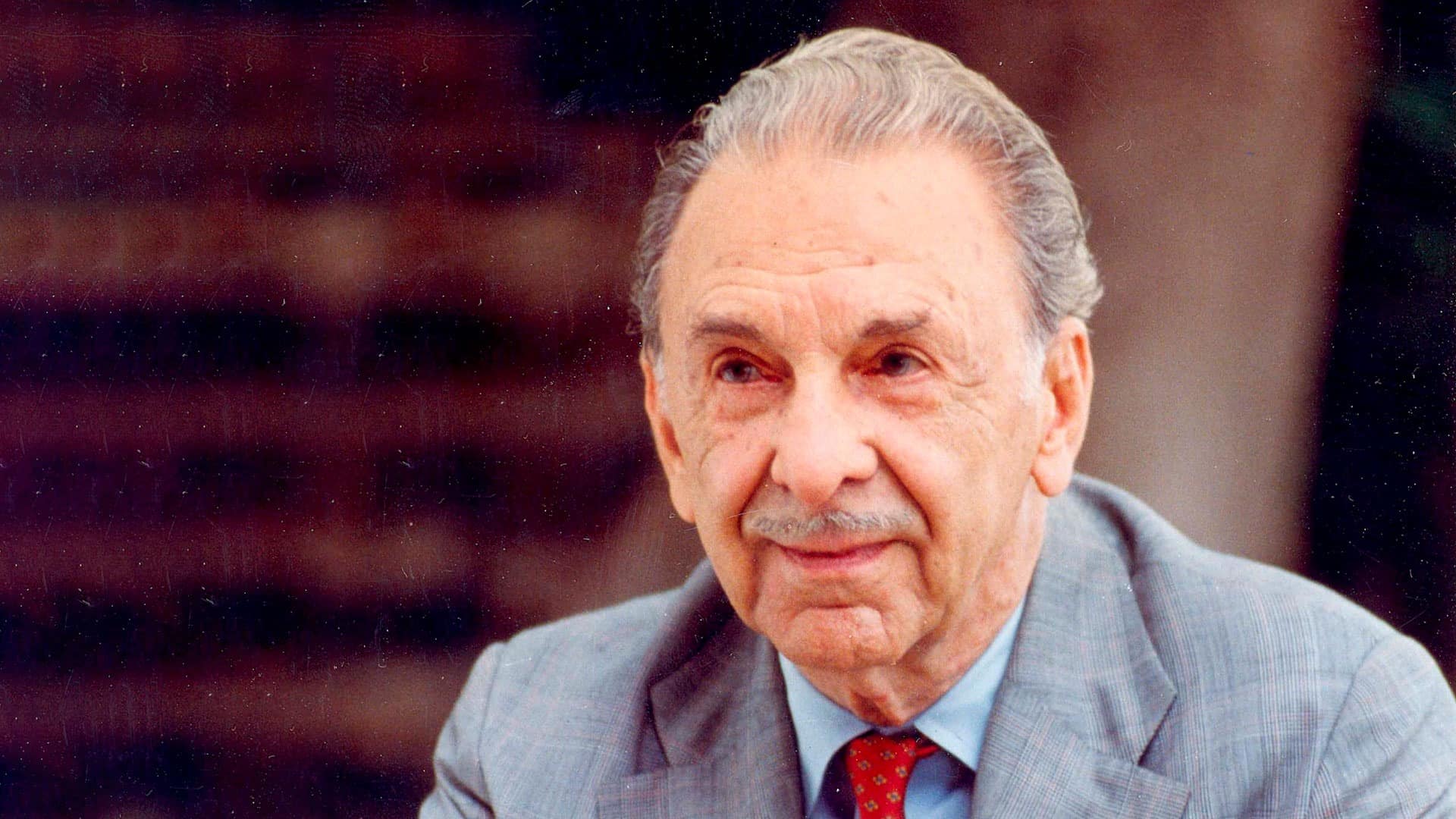JRD Tata was the longest-serving chairman of Tata Group and arguably, the most influential businessperson in post-independence era. Under his leadership, Tata’s forayed into several new businesses- from airlines to hotels, trucks to locomotives, soda ash and other heavy chemicals to pharmaceuticals and financial services, among others. As an aviator and pioneer flier, he was the progenitor of commercial flights in India. During his stint, Tata Group’s assets climbed from Rs 62 crore (Rs 620 million) in 1939 to over Rs 10,000 crore (Rs 100 billion) in 1990. And he achieved this without being schooled in management neither did he have domain expertise in all the industries.
Born on July 29, 1904 to an Indian father and French mother, JRD went on to epitomise a culture of business that cared for the country and its people. The constantly changing business environment needs business leaders like JRD Tata for managing the change. There are many business lessons we can learn from the visionary entrepreneur, from decision making to entrepreneurial processes. Take a look.
People’s man: JRD was Often referred to as the ‘people’s man’ because he was accessible to all workers. Despite being one of India’s richest man, he was unassuming and offered lifts to people on the roadside in his car. He strongly believed that workers are the backbone of industrial enterprises. Every employee in the far-flung Tata empire could write directly to the chairman if he/she felt their managers were not living up to Tata values.
Leadership: According to him, leadership meant motivating others. RD believed, as chairman, his prime responsibility is to inspire respect. He followed the notion of management by consensus style. “If I have any merit it is getting on with individuals according to their ways and characteristics. In fifty years I have dealt with a hundred top directors and I have got on with all of them. At times it involves suppressing yourself. It is painful but necessary. To be a leader you have got to lead human beings with affection”, he has said, according to Tata Central archive.
Nurturing talent: When JRD joined as chairman, Tata and Sons had 14 firms and by the time he left in 1988, it had 95. JRD had a knack for spotting talent easily. He picked leaders who dared to build in India, and who had the passion to learn fast too. He created a supportive climate for budding entreprenuers such as Sumant Moolgaokar (Tata Motors), Darbari Seth (Tata Chemicals), Fakir Chand Kohli (TCS), Xerxes Desai (Titan) and several others who created billions in wealth for the group.
Champion of workers’ rights: One of the major drawbacks of the modern industry is that workers often find themselves as a cog in a soulless machine. JRD believed that crux of any successful labour policy lay in making workers feel wanted. Along with building world class industries, he was also a champion of political rights of India’s workers. In fact, he propelled workers to form union and provided for subsidised hoursing, medival treatment and free education for its employees way before the government introduced legislation for labour practices.
Also Read: Amid soaring fuel prices, India seeks reasonable rates from oil producers
A no-nonsense businessman: Unlike other businessmen, he found little need to suck up to political heavyweights. He did not hesitate to join issue with Jawaharlal Nehru and even Mahatma Gandhi. He steered the group through several regimes hostile to Indian industry: British Raj which discouraged making in India; and the Licence Raj, the bureaucratic muddle for ‘making in India’.
Sharing Wealth: According to JRD Tata and the ethics of philanthropy, ‘for JRD, business without philanthropy could not be imagined’. The book shares JRD’s philosophy that there is ‘a possibility of finding newer paradigms for social development in today’s world’. In building the philanthropic traditions of the House of Tatas, JRD believed that, ‘sharing wealth is as difficult as creating it. Both are forms of investment and both must seek some form of return’. In his view, science and education are fundamental to human progress. Along with John D. Rockefeller, he believed, ‘if the people can be educated to help themselves, we strike at the root of many of the evils of the world’



Pingback: Govt looking for prospects about green hydrogen as potential transport fuel
Pingback: Flipkart launches first 'Ekartians with Disabilities' delivery hub
Pingback: EdTech start-up SP Robotic Works raises USD 3 mn in Series A funding
Pingback: Chai Wale raises Rs 5 cr from actor Nayanthara, others
Pingback: 58 pc fall in housing sales in April-June over preceding qtr: PropEquity
Pingback: Globalisation tripled India GDP but workers have been left out: Economist